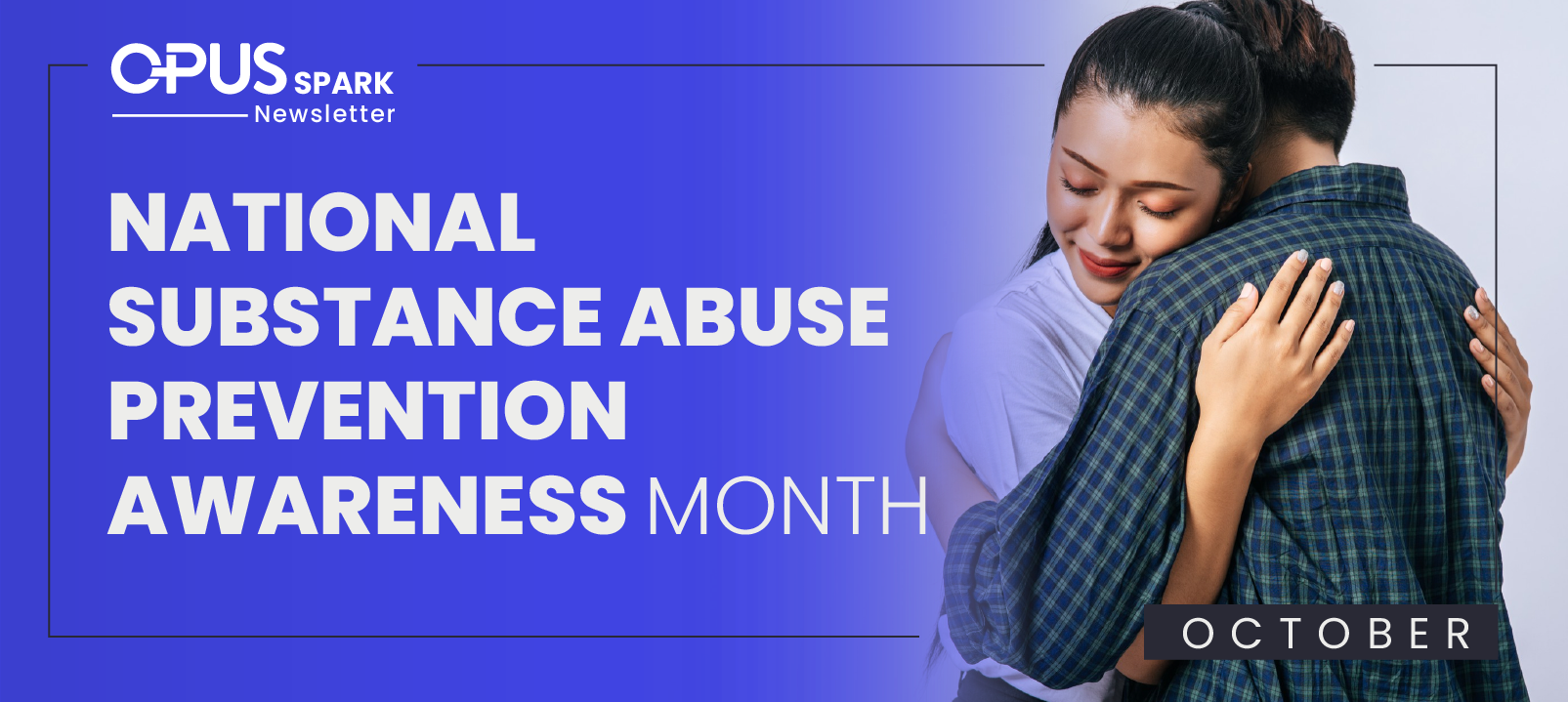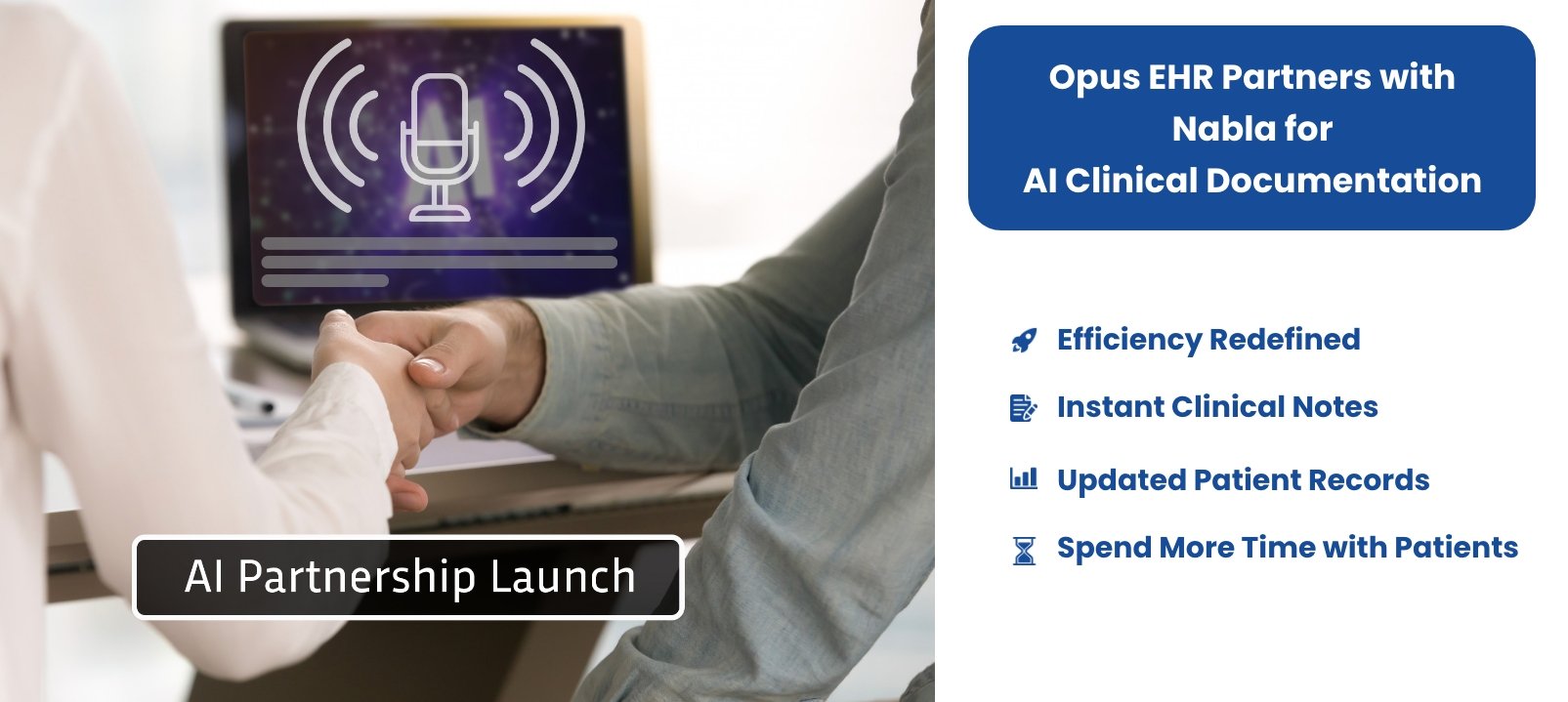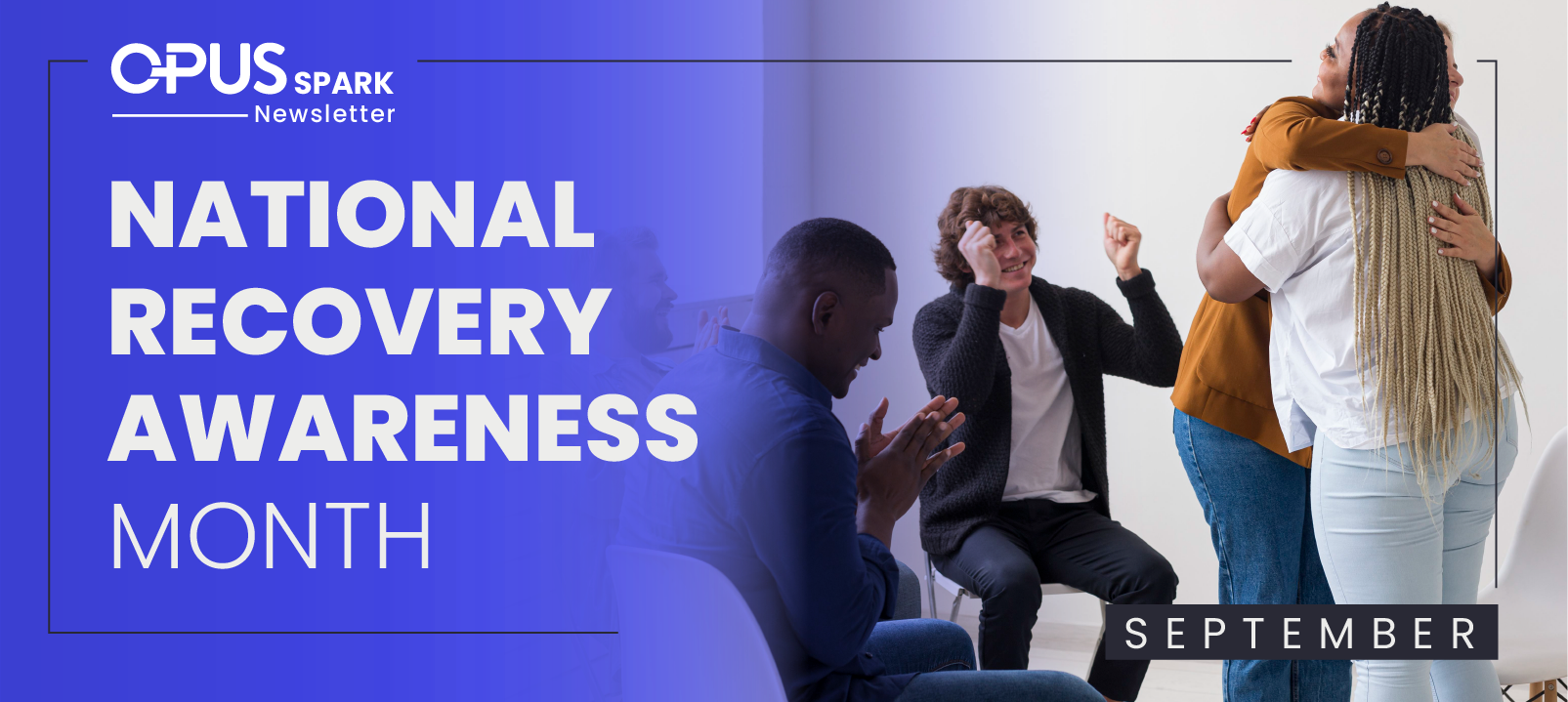National Eating Disorders Week
Understanding Eating Disorders on National Awareness Week
National Eating Disorders Week is an annual event that takes place in the United States from the end of February to early March, aiming to raise awareness and provide education about eating disorders. Eating disorders are serious mental illnesses that affect a person's relationship with food and their body. They can have significant physical, emotional, and social consequences. Eating disorders can affect people of all ages, genders, races, and socioeconomic backgrounds.
There are several types of eating disorders, each with unique symptoms and characteristics. Here are some of the most common types:
Anorexia Nervosa: Anorexia is characterized by a fear of gaining weight and a distorted body image. People with anorexia may severely restrict their food intake, engage in excessive exercise, and may also use other methods to lose weight, such as fasting, purging, or using diet pills.
Bulimia Nervosa: Bulimia involves cycles of binge eating followed by purging, typically through self-induced vomiting or laxative abuse. People with bulimia may also engage in other behaviors to compensate for their binges, such as fasting or excessive exercise.
Binge Eating Disorder: Binge eating disorder involves recurrent episodes of eating large amounts of food in a short period, often to the point of feeling uncomfortably full. Unlike bulimia, people with binge eating disorder do not engage in compensatory behaviors after their binges.
Avoidant Restrictive Food Intake Disorder (ARFID): ARFID is a relatively new diagnosis that describes individuals who have difficulty eating enough food or specific types of food. ARFID can result in significant weight loss, malnutrition, and impaired functioning.
Pica: Pica is a rare eating disorder characterized by the consumption of non-food items, such as dirt, hair, or paper. This behavior can cause significant physical harm, such as intestinal blockages or poisoning.
Rumination Disorder: Rumination disorder involves the regurgitation of food, which is then either spit out or re-swallowed. This behavior is not due to a medical condition, and individuals with rumination disorder may experience weight loss, malnutrition, and dental problems.
Eating disorders are serious conditions that can have life-threatening consequences. Treatment for eating disorders often involves a combination of medical care, psychological counseling, and nutritional counseling. It's important to seek help as soon as possible if you or someone you know is struggling with an eating disorder.
In conclusion, National Eating Disorders Week is a critical opportunity to raise awareness and promote education about eating disorders. Understanding the different types of eating disorders and their symptoms can help individuals recognize when they or someone they know may be struggling with an eating disorder. Seeking professional help is the first step towards recovery and living a healthy, fulfilling life.
Tips for Eating Disorder Recovery
- Seek professional help.
- Be gentle with yourself
- Focusing on your positive qualities.
- Practice positive self-talk.
- Self-care.
- Prioritizing your own mental and physical health.
- Filling your life with positive activities.
- Work with a registered dietitian who specializes in eating disorders.
- Avoid your triggers.
- Spending time with people who make you feel self-conscious about your body.
- Going to a certain restaurant.
- Seeing scales and mirrors around your home.
- Following certain people on social media.
- Keeping certain foods in the home.
- Experiencing certain periods of added stress, such as the holidays, final exams, or bathing suit season.
- Spend time on other things you enjoy doing.
- Listen to music.
- Play with a pet.
- Read a book.
- Take a walk/be in nature.
- Write in a journal.
- Start a hobby.
- Try exercise
- Stretching and deep breathing
- Volunteer for a cause that you support.
- Accept relapses and celebrate successes.
If you feel you have any of these, please seek help to live a fulfilling life. The National Eating Disorders Association has a toll-free, confidential helpline if you or someone you know needs support or wants to find local treatment options: 800-931-2237
There are therapists who care to assist in your recovery process, you can find resources here or you can find a specialist here.
Eating Disorder Solutions offers residential, outpatient, and nutritional therapy services in person and virtual, they are one of our VIP clients who use Opus EHR daily to support their operations. If you want to hear a review from one of their Clinical Directors view it here, and visit our website here to learn more about Opus EHR solutions.






